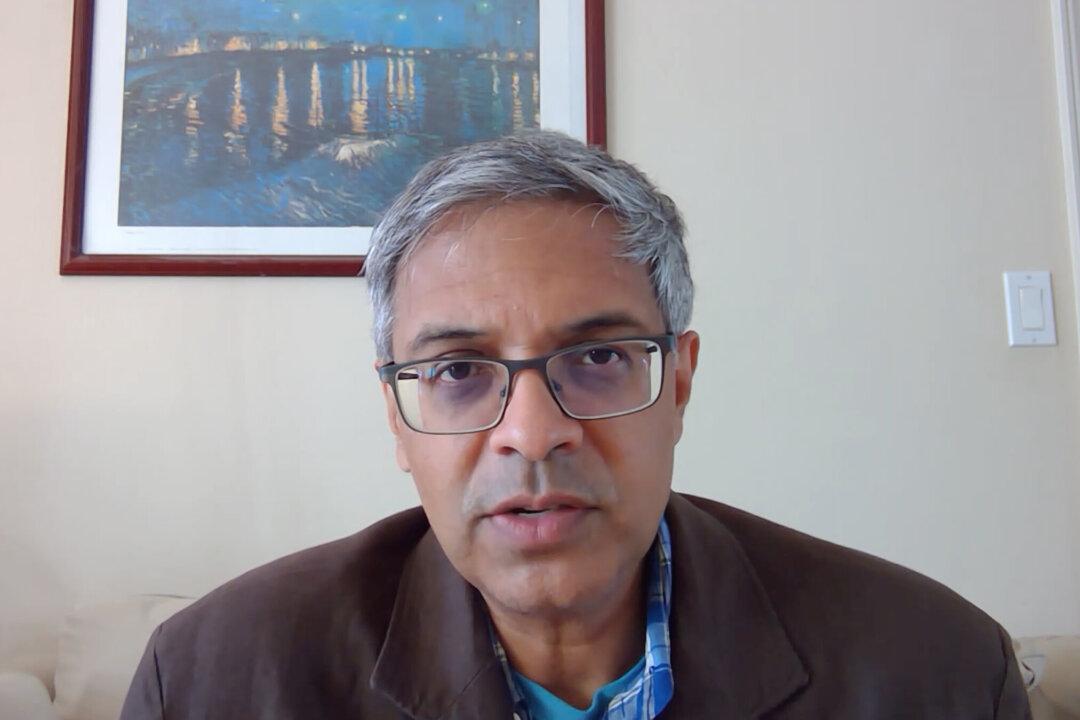Earlier this month, individuals at Stanford University attempted to link professor Dr. Jay Bhattacharya to COVID-19 death counts in Florida because of his comments on the efficacy of masks on children.
Bhattacharya told The Epoch Times in a Sept. 21 interview that Stanford University hasn’t taken any action in support of or against him in response.





